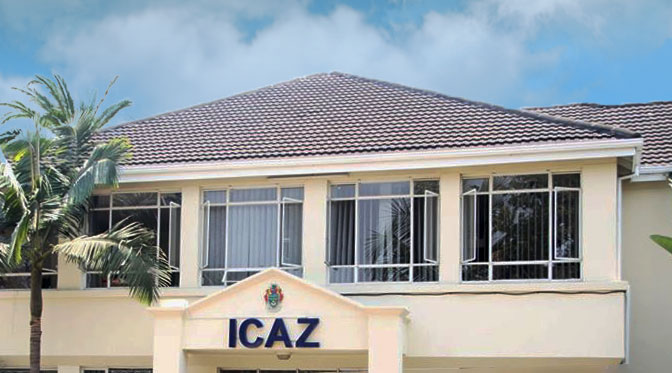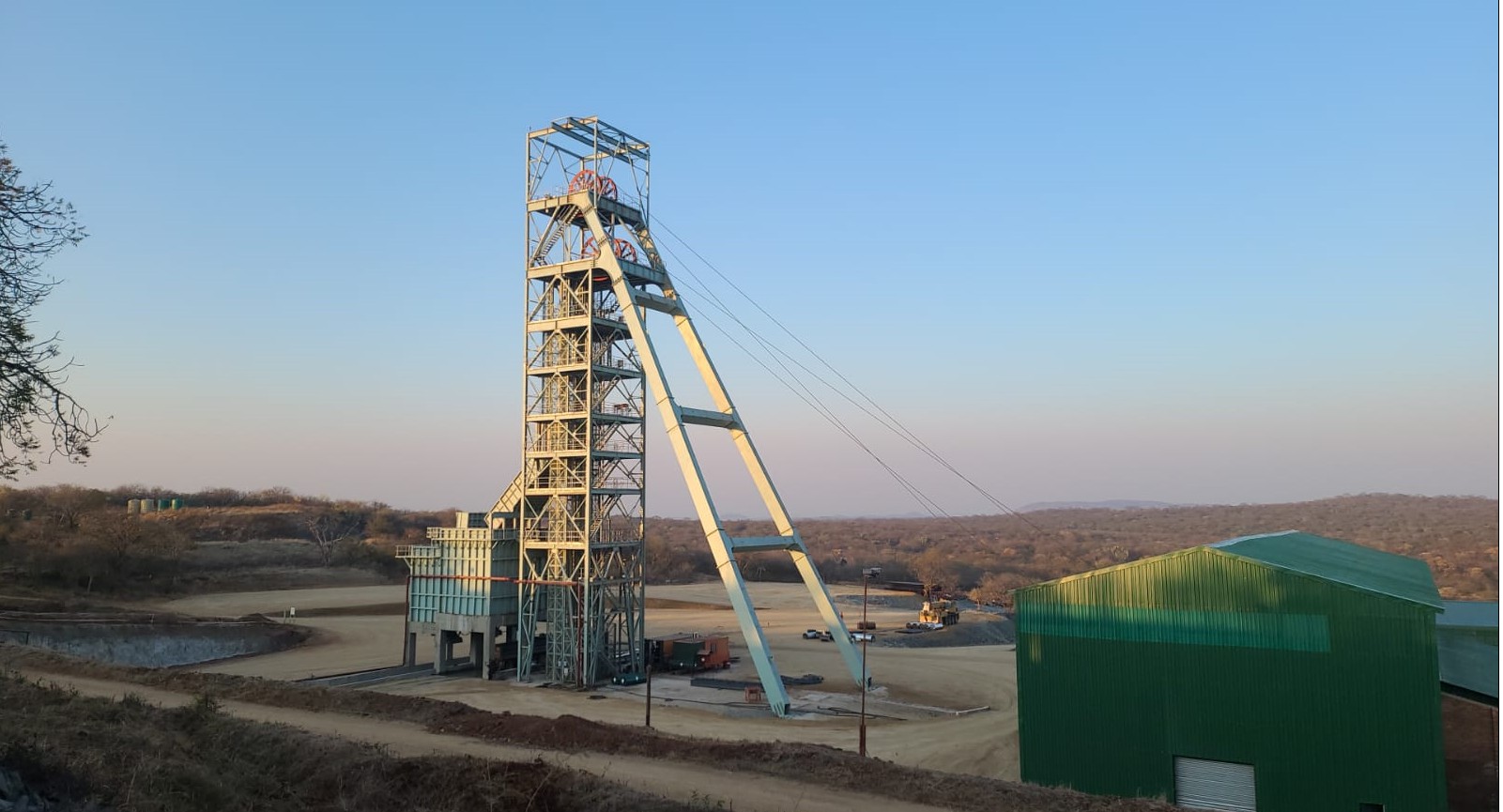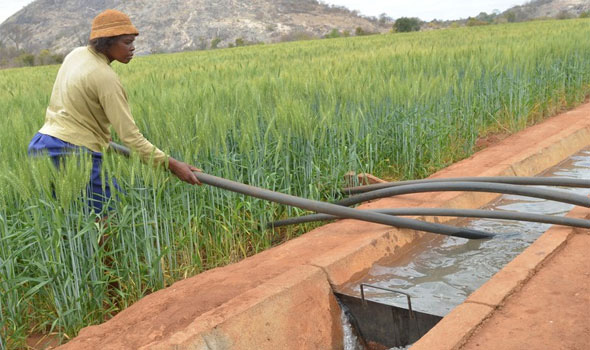Cafca to focus on margin protection after 29% revenue increase in Dec Q1
HARARE – CAFCA says it is increasing product availability in formal markets, adjusting margins for competitive pricing, and recruiting informal distributors to preserve brand integrity, in order to counter the decline in retail and distribution volumes caused by increased informalisation.
This comes after the company, in the first quarter of 2024 ending December 31, experienced a rise in informal retail which impacted its volumes, resulting in a 25% decline in retail and distribution volumes due to increased informalisation.
CAFCA CEO Vimbai Nyakudya told FinX that, “We have had to increase product availability in the formal markets and adjust on margins for the product to be competitively priced. In addition, we have also been intentional in recruiting informal distributors that can support our quest to preserve brand integrity.”
On the export front, Nyakudya emphasized CAFCA’s focus on retaining existing markets while increasing volumes. This comes after the company’s trading update revealed a 39% drop in exports to key markets such as Malawi, Mozambique, and East Africa.
Despite these challenges, the company managed to maintain its 2024 export levels at the same point as 2023. Additionally, the company saw growth in key areas like copper and aluminum volumes, as well as revenue.
The company experienced significant volume growth, with copper volumes increasing by 20% compared to the same period last year, and aluminum volumes surging by 74%. This growth was primarily fueled by a 30% increase in the copper-based business, with notable contributions from the utilities and commercial sectors, which saw volume increases of 187% and 83%, respectively.
Revenue for the quarter grew 29% compared to the prior comparative period due to volume growth. Trading margins remained under pressure due to increased industry competition.
Looking ahead to 2025, Nyakudya announced that CAFCA aims to maintain its current export levels. The company is currently conducting a review of its factory capital expenditure (capex) requirements, and the finalized capex budget will be shared upon completion of this assessment.
Furthermore, the company has implemented a multi-pronged strategy to address the persistent foreign currency supply gap.
“Firstly, we have had to rely on the customer to pay in foreign currency. If that is not possible, we have had to use the Willing Seller Willing Buyer platform, which meant more engagements with banks. Lastly, we continue to push products into the export market, although at reduced margins and foreign currency retention in order to maintain forex generation levels,” Nyakudya added.
The company is also strengthening its regional export market, which includes Malawi, Mozambique, Tanzania, Rwanda, and Botswana. “We would like to expand in our existing regional markets. However, it’s a balance of competitiveness and what the competition is doing. We have been increasing our knowledge of these markets so that we can perform better.”
Malawi has been struggling with foreign currency shortages and low remittances. However, the company said it will continue doing business in Malawi as long as payments are made. “If they can’t pay us, we can’t go there.”
Mozambique’s trading performance has been declining due to political instability, although it is showing signs of improvement. “We hope that once the situation improves, we can resume deliveries to Mozambique.”
Nyakudya added that other markets have been affected by rising transportation costs, increasing competition in the region. Rwanda and Tanzania have been opening new factories. “We have been struggling to compete at the same levels as before. That has also made us reassess how we can improve our competitive edge. That is exactly what we are working on.”
To further reduce production costs, the company is currently conducting a feasibility study to install a solar plant and reduce its heavy dependence on the national grid. The company’s production performance has been significantly affected by electricity shortages.
“There are ongoing initiatives to secure an alternative power source. Regarding the solar plant, it is still in its early stages at the board level,” said Nyakudya. -finx










